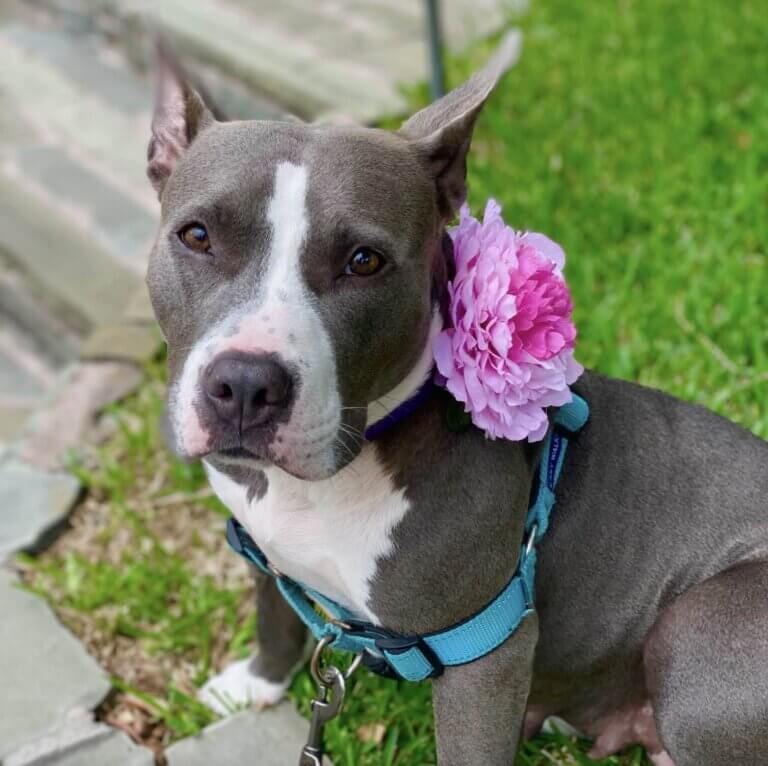If your pet’s behavior, energy level, or personality has suddenly changed, his diet may be to blame. The wrong diet can make pets itchy, tired, thirsty, listless, and grumpy. While you shouldn’t change your pet’s diet without first consulting with a veterinarian, you can ask your veterinarian to evaluate your pet’s health and diet at his annual checkup. Here’s a look at a few of the most popular pet diets, along with their pros and cons, that you can discuss with your veterinarian.
Wet Food and Dry Food
One of the first decisions you’ll make regarding your pet’s diet is whether you should feed him wet food or dry food. Each type must meet the minimum safety and nutritional standards, and each type has its pros and cons. While wet food is more expensive and has a shorter shelf life, it is also higher in water content, so your pet will feel fuller for longer. It is also more aromatic, so most pets are more excited to eat it. Wet food is also easier for pets to eat if they have tooth or jaw problems. Dry food is less expensive and has a longer shelf life, but is less appealing to pets, especially over time.
The Raw Food Diet
Many pet owners are now choosing to feed their pets a raw food diet, which means food that hasn’t been cooked in any way. They either prepare the food themselves or buy it frozen or freeze-dried, as it isn’t available as kibble or canned food. While a raw food diet gives you more control over what your dog eats and how it’s sourced and contains more natural ingredients, it is also very expensive and is time consuming to prepare. It also carries a greater risk of tooth injuries from bones, as well as parasite and bacterial contamination and nutritional imbalances.
Prescription or Medicated Food
As your pet ages, or if he is at risk for or has been diagnosed with a health condition, your veterinarian may recommend prescription or medicated food. You shouldn’t feed your pet a prescription diet if it hasn’t been recommended by your veterinarian. Prescription food contains medication to prevent or treat health conditions like diabetes, congestive heart failure, dementia, urinary tract, kidney, or bladder problems, cancer or tumors, allergies, arthritis, IBT, diarrhea or vomiting, digestive disorders, and behavioral problems.
If your pet is overdue for a veterinary visit or you think you need to reevaluate your pet’s diet, make an appointment with your veterinarian today.


